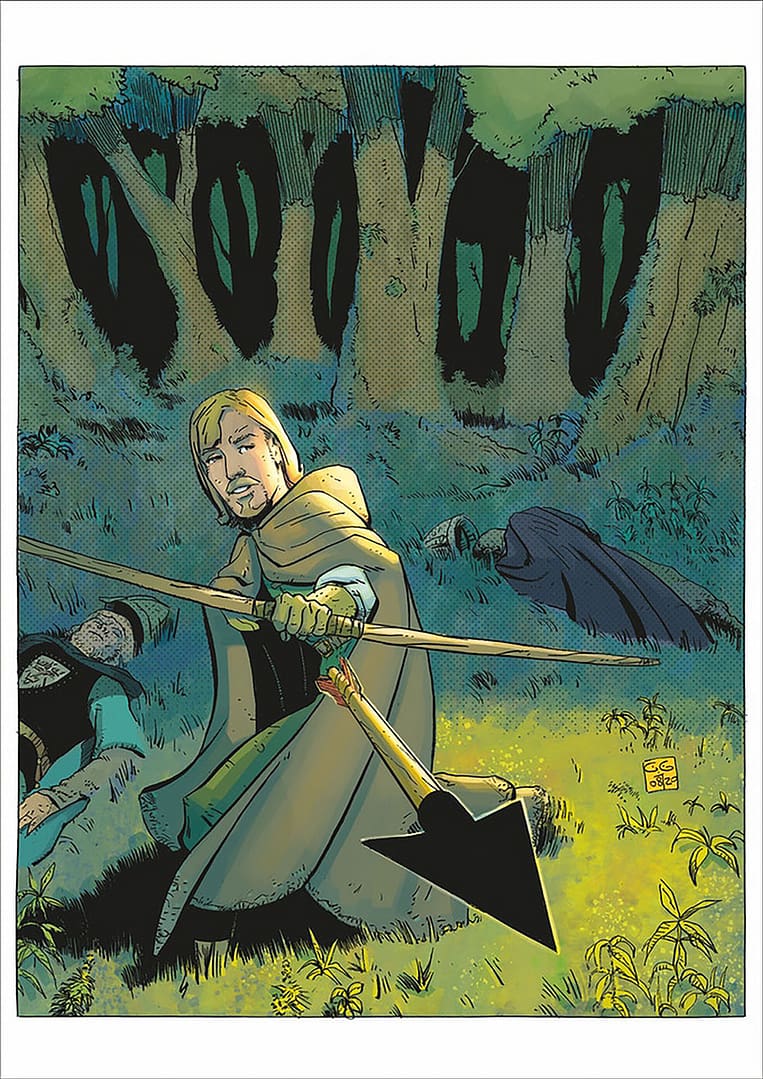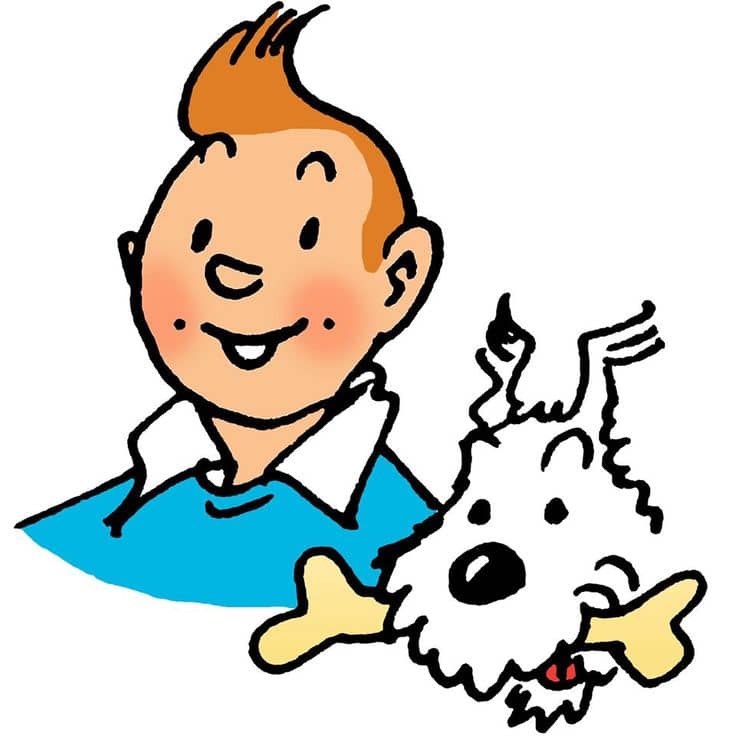Chris Geary
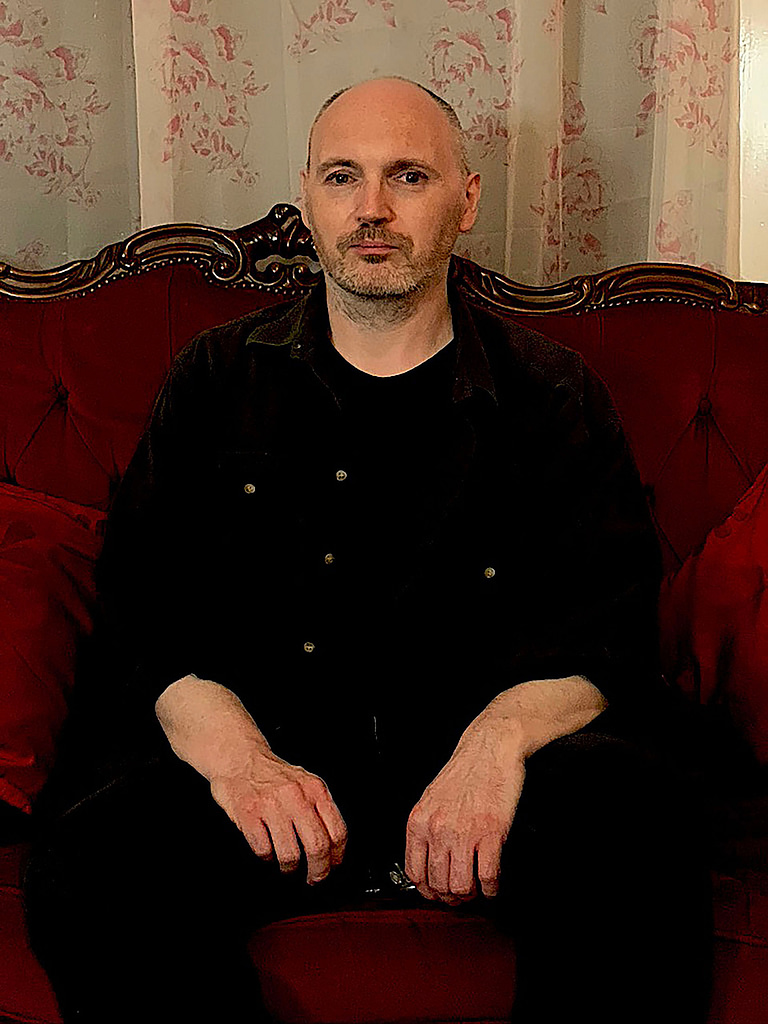
I had a fairly normal family as such. Grew up in West London, never too far from Heathrow Airport.
I became interested in illustration at some point after reading a few books that I was given around my 4th and 5th birthday and the Christmas around them. They were a few books illustrated by Arthur Rackham and a couple of the Winnie the Pooh books drawn by E.H Shepard.
From that point I wanted to write and draw stories.
My earliest cinema memory is watch Disney’s Fantasia at about the same age as mentioned above. Not long after I also saw Sleeping Beauty and really liked how that was drawn.
On TV there was only two programs, aimed at children, that I liked. Take Hart, which was hosted by an Artist called Tony Hart. And a series of silence based programs hosted by Johnny Ball. I think that helped me in thinking about Science Fiction at the time. (or “Daydreaming” if you asked any of my teachers…)
Also loved Star Wars, Flash Gordon, Jason and the Argonauts, and the other films that were made by Ray Harryhausen.
I was 11 when I decided that I wanted to write and draw comics. Geoff Senior, who drew worked a lot for Marvel UK at the time was the first Artist’s name that I knew. Soon after there was Barry Windsor-Smith, Ron Frenz,, Rick Buckler, John Romita Jr, and John Buscema added to the list. And it was while most of them were drawing Spider-Man, so he became a sort of favourite character.
One comic that I had from before that was a TV21 annual from 1969 which was given to me through a friend of my mother’s about 10 years after that. In there was a Secret Agent 21 strip which still to this day is one of my favourite comics I’ve read. At the time I didn’t know who drew it as there wasn’t any credits. But I think that it was drawn by Rab Hamilton.
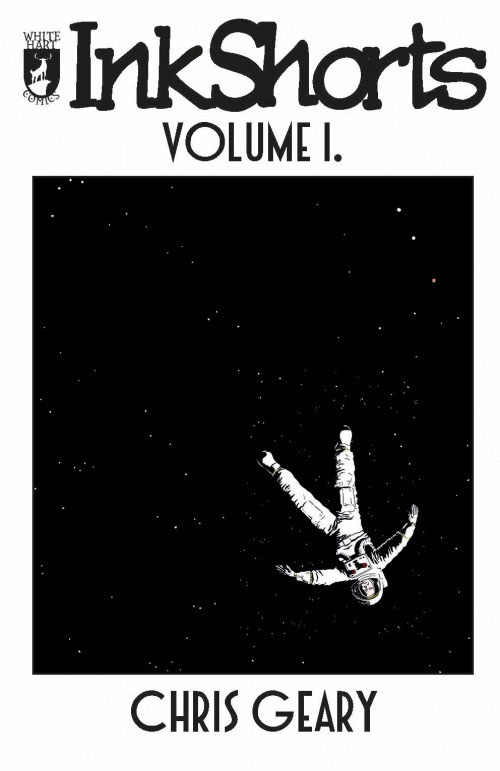
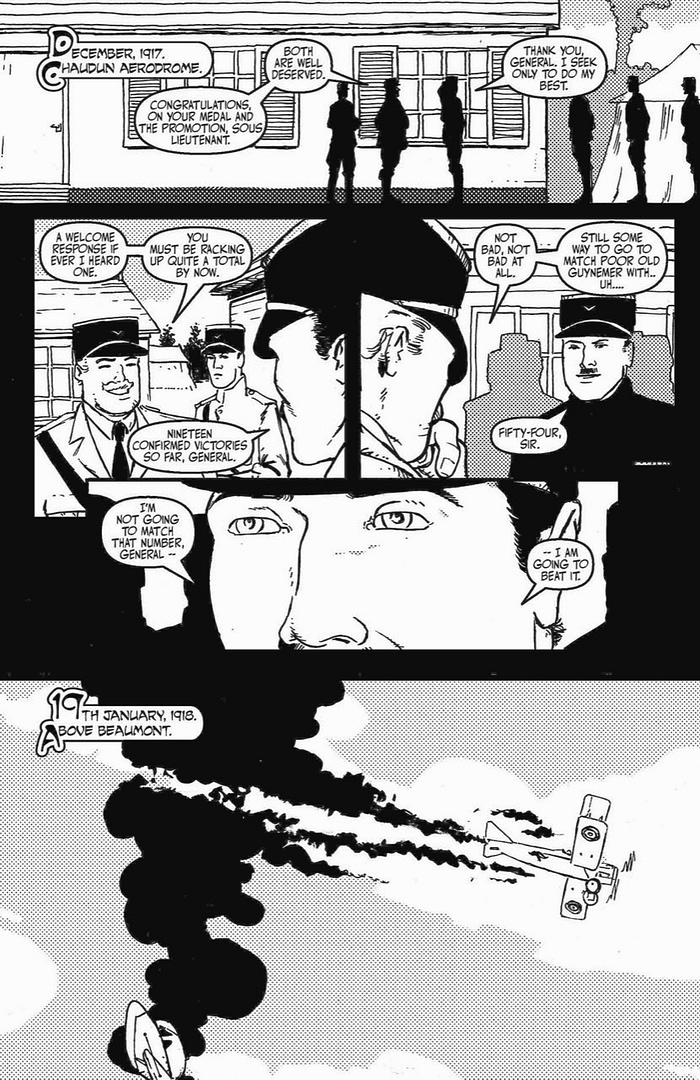
I’ve always drawn, but didn’t take it seriously until I read “How to Draw Comics the Marvel Way” when I was 12. Up until that point I don’t remember there being any formal art lessons.
From that point, that book, as well as other art based books that I was able to get from the local library became my source of knowledge. When I told Teachers at School what I wanted to do for a living, they either had no comprehension of what I was talking about, or actively tried to stop me from doing it. After that, as I’m stupidly stubborn (or slightly delusional) I didn’t really pay much attention to them. Even the Art Teachers.
As they really didn’t like Comics, and were not too shy in telling me, I decided that if they weren’t going to help me, then I’d stop listening to them. Maybe not the best course of action, but as they didn’t really fight for my attention, or offer an better alternative I just kept to myself.
I originally planned to go to University to study Painting, etc, but as I’d had quite a few years of arguing with my Teachers, I didn’t look forward to arguing for four more. so decided not to go.
I sort of regret that, as it would have been a good place to learn different techniques and have got inspiration from other people around me, but I spent some time at the London Cartoon Centre, where I first met David Lloyd, that has had a greater impact on me Comics-wise, than Art School would have. If I kept to the original plan, I wouldn’t have had time to go there.
What I learnt from David, Steve Parkhouse and some of the others have stayed with me ever since.
Before that point I’d already started showing my portfolio to Editors and other Artists, so that was helpful in teaching me what was needed in order to improve in all areas. Special thanks for Doug Braithwaite, who lived near me at the time, and tutored me for a while, and it was through him that I learnt about the London Cartoon Centre and had also been tutored for a while by David.
Also, not long after that point I met John Buscema at a convention in London and asked him a few questions. One of his answers was, “I’ve been doing this for 50 years, and I’m still learning stuff every day.” I found that to be inspirational and depressing at the same time. As someone as good as him was still learning, and wasn’t upset or annoyed by that, I decided to accept the same mindset. Just do the best I can and hope to improve every day.
At the moment, the biggest project that I’ve worked on was International Aces. A series of Graphic Novels about some of the Top Pilots from the First World War. It’s available in physical form through InkShot.com or getmycomics.com and digitally on ComiXology and Amazon.
Just after that came out, Commitment was released. This is a Graphic Novel set within the Business world and Agile Management. Focussing on something called “Real Options”. This won an award in 2013 at the Agile awards of that year.
Since then I have created quite a few stories for Aces Weekly. A digital only Anthology Comic that is published by David Lloyd. I started with a Historical story linked with International Aces but have also done a variety of genres. Fantasy, Science Fiction, Action Adventure and even something aimed for younger readers. That’s the good thing about Aces Weekly, there is no set genre to work in as in most Anthologies. As long as it’s “All ages” then anything goes.
Last year “Spirit of the Pharaoh” came out through Titan. I adapted a screenplay into a series of four graphic novels, but in the end it was released as a single volume. At the moment that is available through forbiddenplanet.com
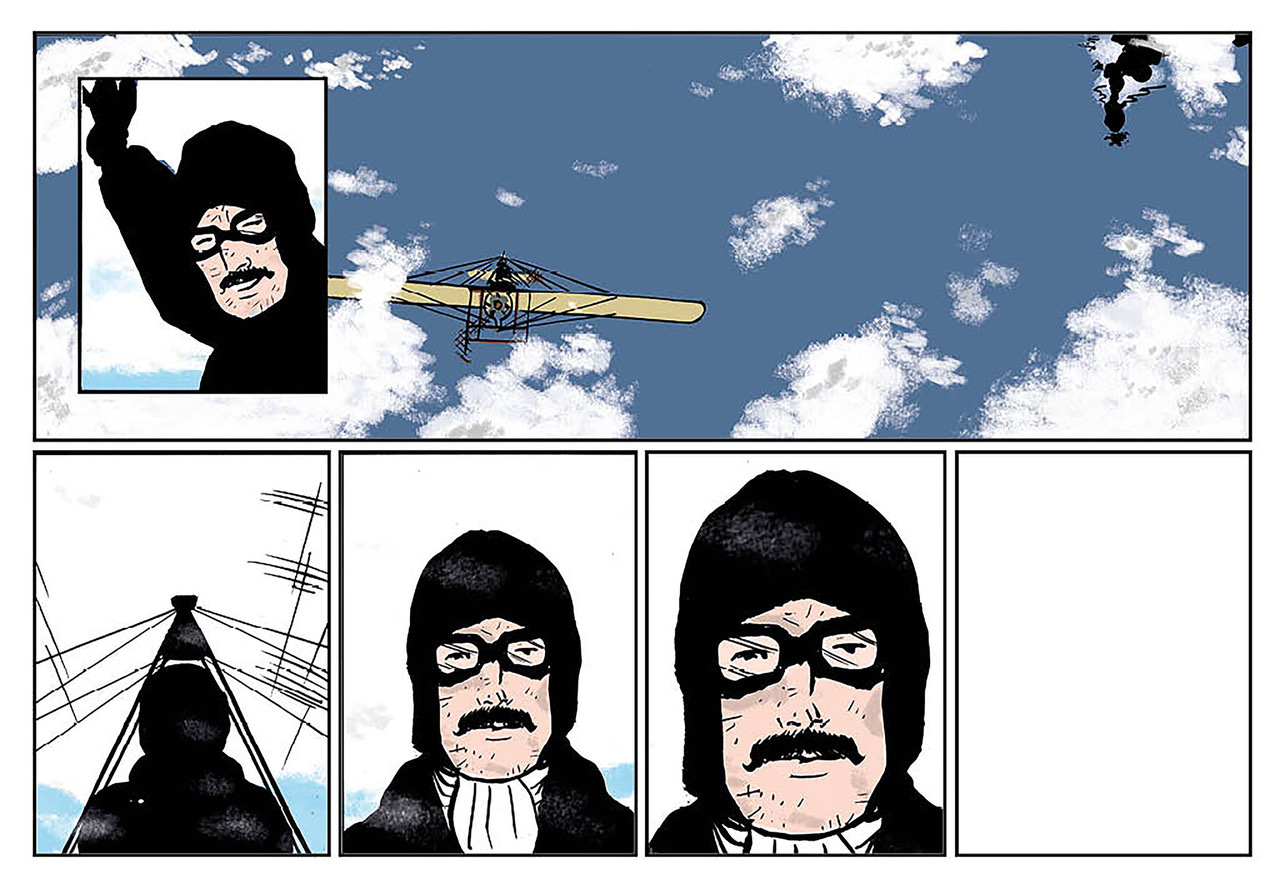
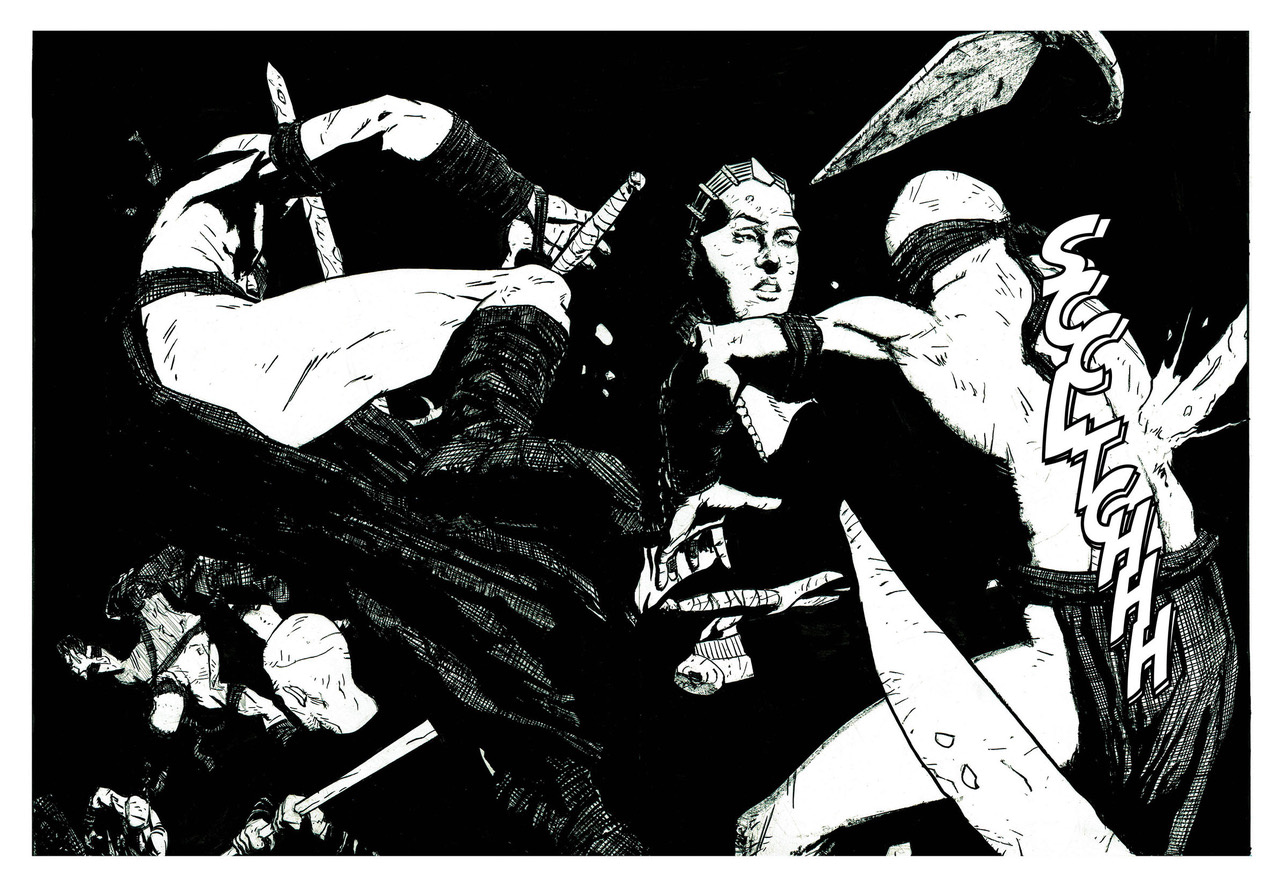
I believe that currently the Comic Book industry in the United Kingdom is in a massive state of flux. Although there is still a great demand for what would be called “Mainstream” comics from American Publishers from readers, most creators over here are drawn more to create the types of stories that you’d find through Independent, or Small Press Publishers. In recent years it seems to have become more difficult to get past the gatekeepers of the main publishers but the desire to tell stories is at an all time high.
Computers and the Internet have made it easier for creators to become a solo voice in making something that matters to them. If you have an idea, the right software and Internet connection, there’s nothing really stopping anyone from putting their work out into the world. For a lot of people there is a preference, or even a snobbery in regard to something only being legitimate if it has a certain publisher’s logo on the front, and the paper can be physically printed on, but nowadays that is truly not the case.
A lot of young people experience the world through a screen of some description, so creators need to learn to take advantage of that. Especially as printing can be quite expensive and sometimes unpredictable. At least if work is created to be viewed on a screen, there is a chance that the reader will see the work as the creator intended. If a print run comes out with the wrong paper type, or a setting wrong leads to certain colours being misprinted, etc, then the creators are stuck with a sub-optimal product that they are reluctant to sell because it doesn’t reflect what they envisioned.
Generally Comics do not pay enough to reflect the amount of work that goes into their creation, so we need all the help we can in making sure that the reader gets the best experience possible.
It seems that since the dawn of time, anything alive has a need to communicate, express themselves and pass on knowledge and events. If the explosion of social media isn’t proof enough, then the rise in Podcasts and Small Press Comic Creators is all that you need. Unfortunately because this need is incredibly powerful, it is very easy to be exploited. That is something that we as a community need to guard against, and protect the more vulnerable among us from being used by those that are perceived to have all the power.
Two ways that can help with this are to make sure that training is given in all aspects of Comics production and a united front when it comes to distribution.
For the most part, Diamond distribute Comics to the stores, and if you are not a mainstream publisher, a comic is submitted to Diamond. If they don’t like it, they don’t distribute it, Ideally they shouldn’t be the ones that make that decision. And linked in with that, if the Retailers don’t like the look of a Comic, they won’t order it. A lot of the times giving a “This Comic won’t sell”, reason. It won’t if it’s not on the shelf. Regardless of Genre, if it looks like a coherent, or interesting story, and drawn in a coherent or interesting way, then it’s likely that it will sell. Even if it’s the only one in that genre.
It might just be the one comic that gets a new reader into the shop and from that, then might buy other comics.
Recently I have distributed my books through www.getmycomics.com who are also of the same mind. As well as distributing the mainstream titles, their goal is to be the place where independent creators can go to sell their Comics. No matter the Genre.
Hopefully more people can do this, and from there it can grow to be first port of call for anyone wanting to buy and sell new comics.
In a word, “Yes,” For good and bad, Comics affect theirs readers…
The first Spider-Man story that I read had him risk his life for the public while being attacked by the bad guy, even though it put him in more danger, and caused an injury he had to get worse. The Bad Guy was amazed and impressed by this, and went away thinking that Spider-Man was too honourable to kill, etc. That had an effect on me. Meaning that to be a good person is to be willing to sacrifice yourself for the benefit of others. I’m sure there are others out there that have similar stories.
That’s the great thing about most “Mainstream” Super Hero stories, they work best as Morality Tales. Teaching the reader right from wrong. When they work best, they are aimed at the younger reader.
Once a person gets into their mid/late teens, they should know what is good and bad in the world, and have begun to make choices that put them on a certain path through life.
If, at that point, they don’t change the type of comics they read, and want to just read Superheroes, they end up being in limbo,
Worse, they start to demand different types of stories featuring the same characters, because their own emotional needs from stories have changed. However, over the course of a few years this means that the characters start to change from their fundamentals that made them work in the first place, and it means that younger readers are not able to get the same positive input from the stories that previous generations have had the good fortune to.
The best way for it to work, for the readers, creators and the industry as a whole, is that the Mainstream stay as a way to deliver morals to younger readers, and that if older readers want to have Super Heroes go through something that is a bit more emotionally demanding, and deal with more “Adult” content, then have it be with newer creations.
If someone has a problem relating to a character because it doesn’t effect them the same way it did over twenty years earlier, the problem is with them, and not the character.
For the most part, when a comic features a lot of Nudity, Violence and Bad Language, etc it can come across as being Juvenile and not actually “Mature”. I’’m not against those things, but they need to come from an organic place, rather than be a cynical inclusion just to sell comics to “Adult” readers.
-Well, that’s a tricky question to answer: my greatest achievements…
I could go back to the beginning and say that it was one afternoon during my second year at school when I saw a picture of Superman that a friend and drawn, and wanted to do a better version of it. The rest of the children thought that it wasn’t, but I liked that I’d set out to draw a specific thing, and that’s what happened. And decided that from that point on what I wanted to do with my life.
Next biggest could be when I sent my first submission to an Editor. (Steve White at Marvel UK at the time) Although I didn’t get the rave review that I would have liked, I got enough positive feedback, as well needed information on what I needed to do better. (everything) To me that meant that I was on the right path and I just needed to keep my head down and hack my way through the jungle.
Then, more recently I would say that International Aces was the next big step. Although I had quite a few stories feature in a few Small Press Comics before, this gave me a chance to really stretch my legs, and my abilities, in order to complete the project. Everything since then has been built upon that.
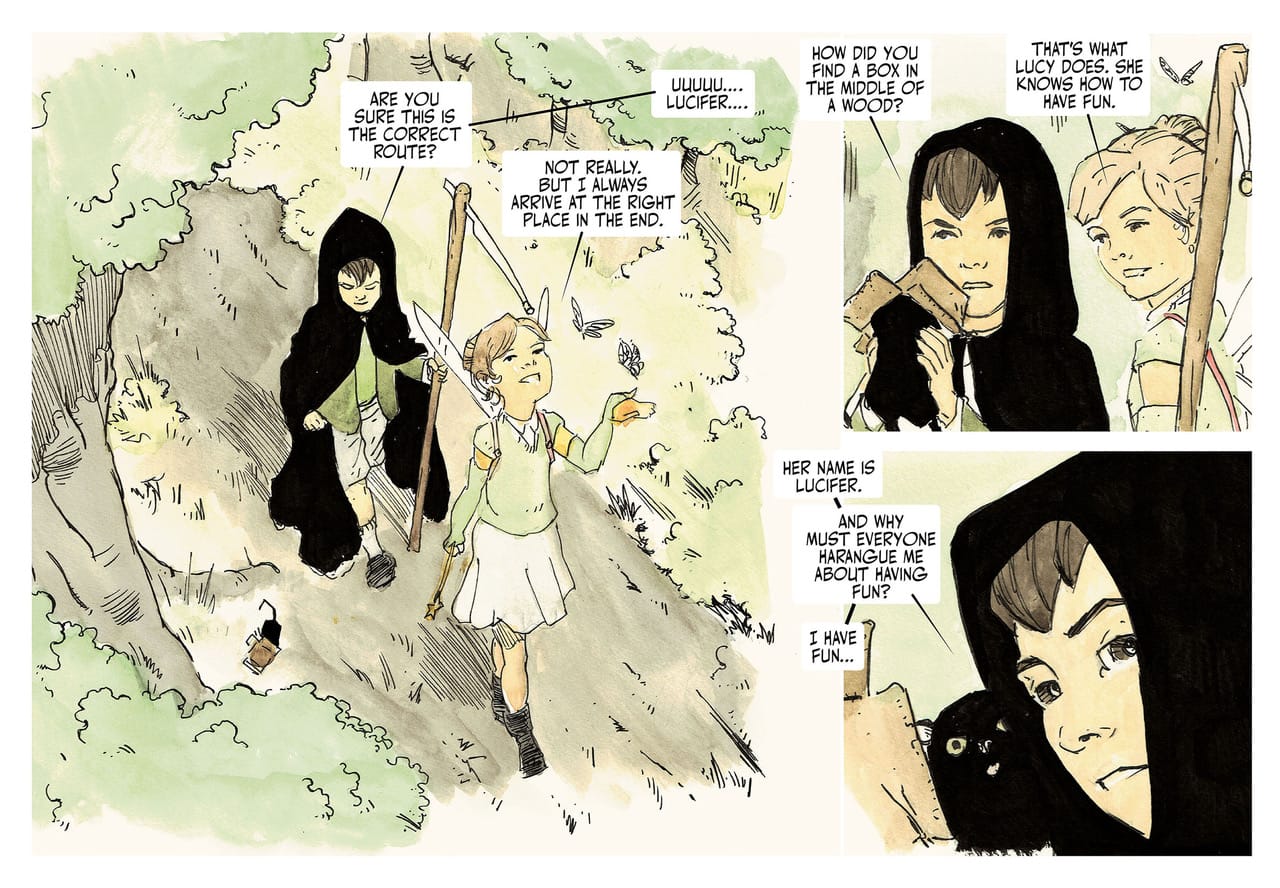
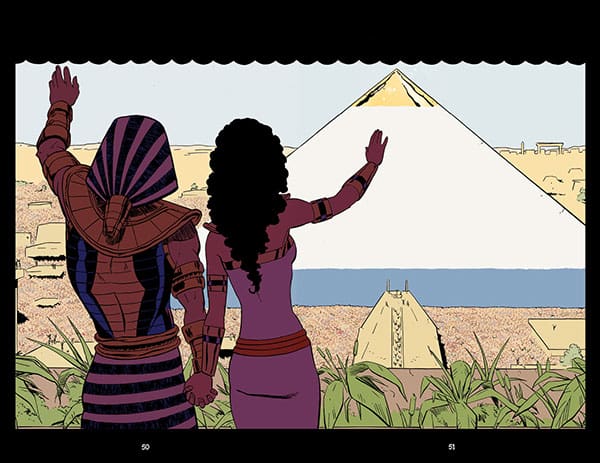
For newcomers, I say:
Learn everything to do with making comics. Even if they only want to be a Writer, Artist or Letterer, they should at one time do every job associated with comics.
In doing so, they would learn at least one of these four things.
1. What exactly you can do. Sometimes people are convinced they can’t do something because an outside force has told them they can’t. Using myself, for example, I always wanted to write. I told this to an English Teacher when I was about 14 and she said, “You will never be a writer.” As she was an English Teacher, I thought, “Oh, she must know what she’s talking about as she deals with this everyday, so I should stop writing.” So I did. Then, while reviewing my work, Steve White asked if I have ever thought about writing. I said, “No,” His response was, “You should. Your storytelling is very strong for someone what hasn’t actually worked in comics, and it’s possible that you could get work as a writer until your Art gets up to standard.” I thanked him, and we then carried on going through my work. After that, I really hated that I had lied to him, and more importantly had listened to the Teacher. One who had actively spoke out against me working in Comics, (Albeit after the other event) From that point on I vowed that I would then do everything (as was the plan for years anyway) and just learn how to do them. If I wasn’t any good, I would ask the person critiquing my work to tell me how to improve. If they didn’t know how, or gave obviously bad advice, I just ignored them. Their not liking my work was more a matter of taste rather than quality. It takes a while to learn the difference.
And the reverse of that, you will find out that there could be some aspects that you want to do, but either really can’t or just don’t want to do them. Find out as early as you can and then focus your energy or getting better at the other aspects you need to do.
2. You will appreciate what goes into making each job the best it can be. So if you Write, and it’s not clear to a Penciller what you need, or you ask for something that is just not that practical, then they won’t do a good job. And you’d blame the Penciller when it’s down to faulty writing. If you Pencil, and that is also not clear, then the Inker could misinterpret your lines and it ends up being “Wrong”. And so on and so forth.
3. Off the back of that, if you know what it takes, and if you’re in a position of being in charge of others, or part of a chain, and any others say that what is needed is too much, they need more time, or have any complaints, then you will be better armed to address them. Whether it’s calling out someone for being lazy or difficult, (harsh, but could be needed) or it could be down to different working methods and you both could learn something from the situation.
4. You will learn to be more flexible. Someone might not have work in your preferred job, but could have some in another. If you’re able to do that, it means you get to work, and puts you in a better position to get future work with them, or someone else.
Further to this, if you break it all down, there are essentially 12 jobs that go into making and selling comics.
Writing.
Pencilling
Inking.
Lettering.
Colouring.
Editing.
Production/Design.
Publishing.
Printing.
Distribution.
Promotion.
Selling.
Some people have to do everything themselves. I do everything but printing. Some Creators I know even do that. Their own projects either require something unique that they are the only ones to produce it, until they can teach others, or if mass-produced would be very expensive, so they have to use a copying machine to create runs of 25-50 at a time.
A lot of people that read comics, even on a casual basis, have thought about doing it for a career, but limit their thinking to the “flashier” roles. And if they think they can’t write or draw, then they go on to thinking about something else. However, if the other roles are made more public, and training in those jobs is made available, that will help grow the industry and also raise awareness of those jobs and the industry in general to the rest of the world.
I have just finished the main work on Robin Hood: The Legend of Sherwood, which has just launch on Kickstarter. Due to finish on the 19th/20th of September 2020. (depending on where you are in the world) So everyone should check that out, spread the word and contribute if they can. I also have one story coming up soon in Aces Weekly and I’m working on a few more for the near future.
Kora, a story originally featured in Aces Weekly has been reformatted and will be in the Anthology Shift starting in October, I think. This will include extra pages that I wasn’t able to use in the original version due to space restrictions and in the future this will be collected and offer some other extra content.
